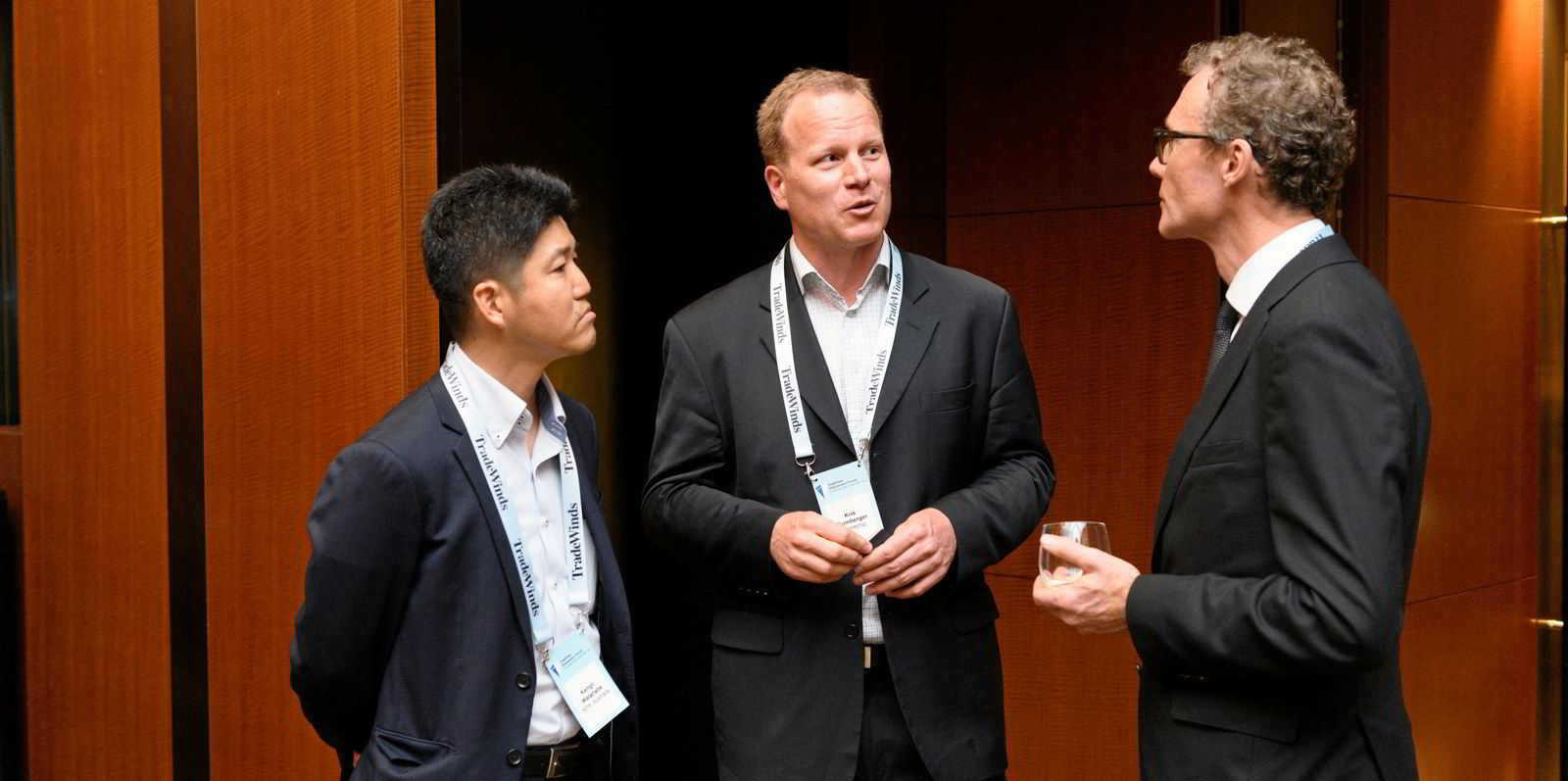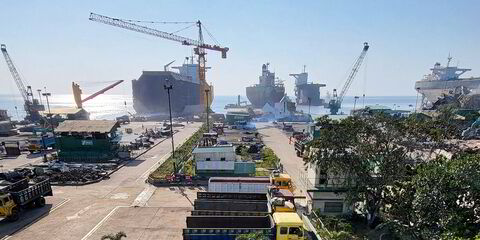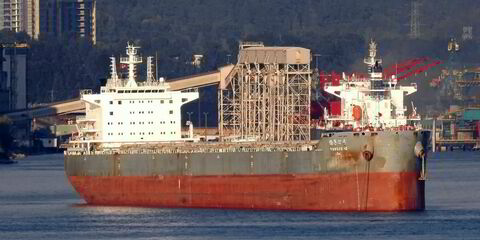Vessel vetting company RightShip has slammed the energy efficiency and carbon intensity measures being introduced by the International Maritime Organization (IMO) as "too slow" and unlikely to pave the way for technological improvements.
The world's biggest third-party maritime due diligence firm said the Energy Efficiency Existing Ship Index (EEXI) and Carbon Intensity Indicator (CII) may be too slow to enforce carbon cuts as they only factor in operational considerations.
RightShip, which has operated a greenhouse gas (GHG) rating tool for charterers since 2012, said the IMO measures fail to account for potential GHG savings through mandated design minimums.
The IMO's EEXI and CII are intended to reduce GHG emissions by ships but are limited and "miss out on the crucial emissions reduction capabilities of the Energy Efficiency Design Index (EEDI)", RightShip chief executive Steen Lund said.

The organisation's review of the measures argues "that for existing vessels to meet the EEXI, the IMO will be relying almost entirely on overridable engine power limitations — i.e running vessels at a slower speed — doing little to pave the way for the technology needed for long-term industry transformation."
The review states that as vessels are currently generally slow steaming and rarely using their full engine power, the impact of the EEXI on emission reductions will likely be minimal as it will not change their operation.
RightShip said it is committed to working towards a maritime industry that causes zero harm by seeking out innovative technical solutions, and "will continue to work to ensure the vessel efficiency database we have developed over the last nine years is utilised, where practicable, in the IMO process".
The shipping safety organisation, which was set up in 2001, argues that its GHG rating tool has enabled charterers to be able to single out the most efficient and sustainable ships by considering both their operational profile and design.
RightShip head of sustainability and environment, Kris Fumberger said the market has historically used overridable engine power limitations to improve ships' GHG ratings.
"We revised our engine power limitation requirements in 2020 and have since seen a significant move towards other energy saving equipment to meet GHG rating expectations. This confirms that vessel owners and operators can utilise innovative sustainable measures to improve fleet efficiency,” Fumberger said.
Rightship said it will continue to offer its GHG rating system focusing on vessel design in line with the EEDI guidelines as a way to meet the IMO's mandates and make confident chartering decisions.
It will, however, alter its GHG rating's A-G lettering system prior to the CII release on 1 January 2023 to avoid confusion and will update its platform to ensure EEXI is displayed as a reference that recognises the benefits of operational improvements such as engine power limitations and running vessels at a lower speed.
RightShip will continue to accept energy saving equipment aligned to the EEDI guidelines to ensure innovative measures are used and efficient vessel design is prioritised, it added.






